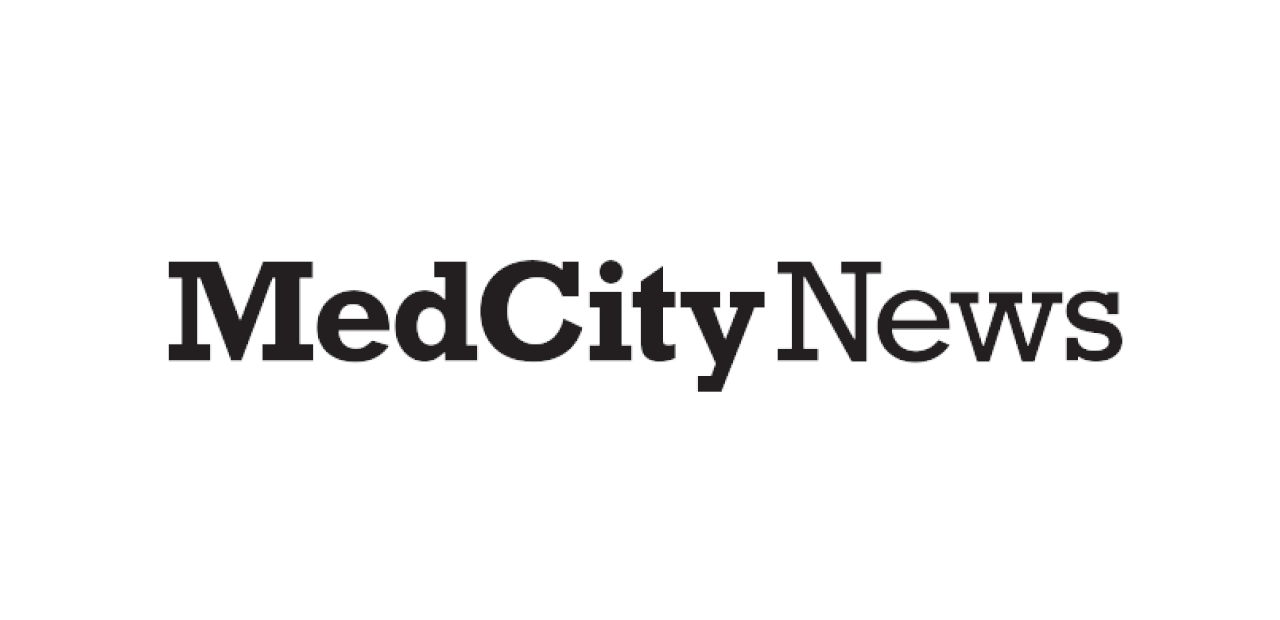Several states and insurers have gold carding programs to streamline prior authorization. However, some say they’re falling short.
In an effort to improve prior authorization, many insurers and states have introduced gold carding programs, in which providers with a proven track record of prior authorization approvals are exempt from some prior authorization requirements. This includes in the state of Texas, where there is a law that exempts providers from requesting authorization for certain procedures if they have a 90% or greater final approval rate for those requests.
But are these programs working? So far, the Texas Medical Association (TMA) is disappointed with the gold carding law in Texas.
The problem with gold carding programs
In the years following its implementation, the law has fallen short. One issue is that there is very little transparency and data to understand how gold carding works. And very few physicians have actually received a gold card. This underscores the lack of robustness in the current law.
The Texas Medical Association’s issues with gold carding are reflective of what one vendor is seeing across the country. Cohere Health is a health tech company focused on improving prior authorization. The company’s chief product officer, Matt Parker, said the idea of gold carding isn’t bad, but it hasn’t necessarily worked out in practice.
He said that there has been a lack of transparency in how programs are designed, and that getting into gold card programs is actually very challenging for providers. He noted that oftentimes, there is little clarity on how to achieve gold card status, and that the number of providers participating is having little impact.
“The problem of gold carding really wraps up into [that] it’s not a super sophisticated or flexible or transparent way of identifying providers that are consistently prescribing appropriate care,” Parker said.
The challenges aren’t necessarily just on the provider side, however. There are also instances of utilization and spending spiking after a provider achieves a gold card, he added. In other words, after a provider achieves gold card status, then it’s viewed almost as a license to order more tests or do more procedures.
Because of these challenges with gold carding and prior authorization, Cohere Health recently launched a new product called Cohere Align. The product analyzes provider behaviors and groups them into performance-based cohorts so health plans can create targeted interventions for those cohorts. High performing cohorts have fewer prior authorization requirements, while low performing cohorts receive more education and coaching so that they can improve clinical outcomes. Cohere Align also continuously tracks performance over time.


